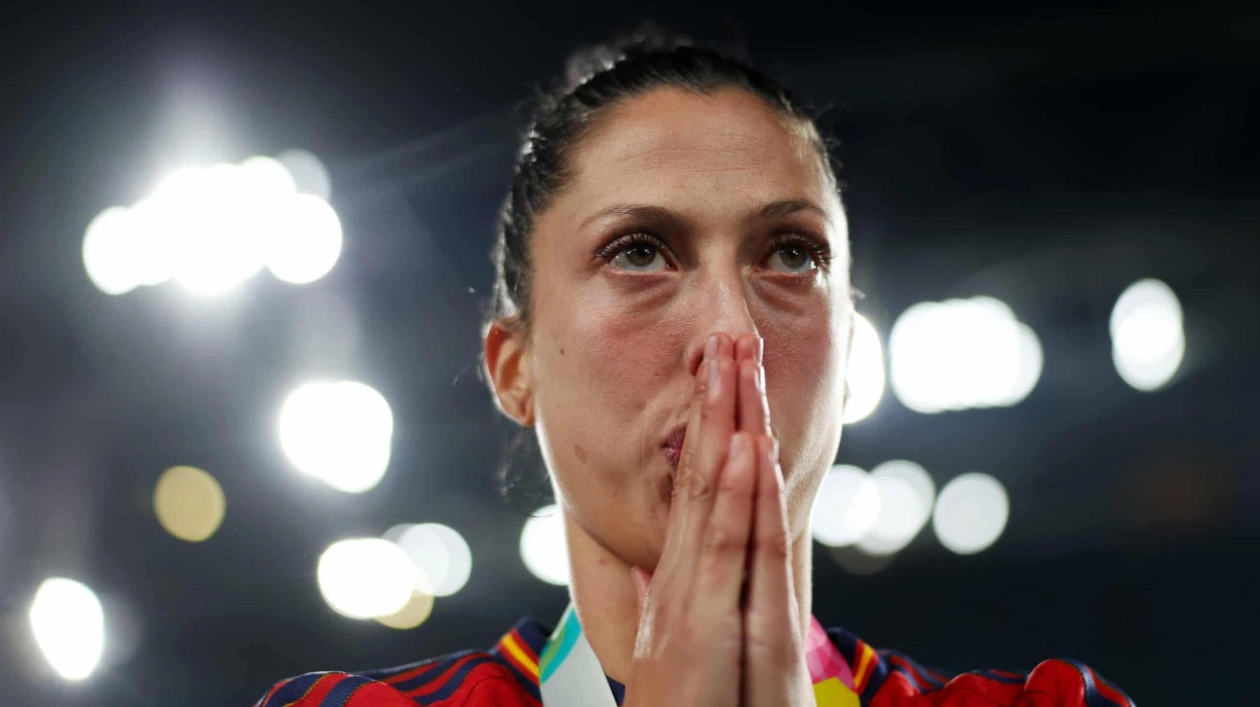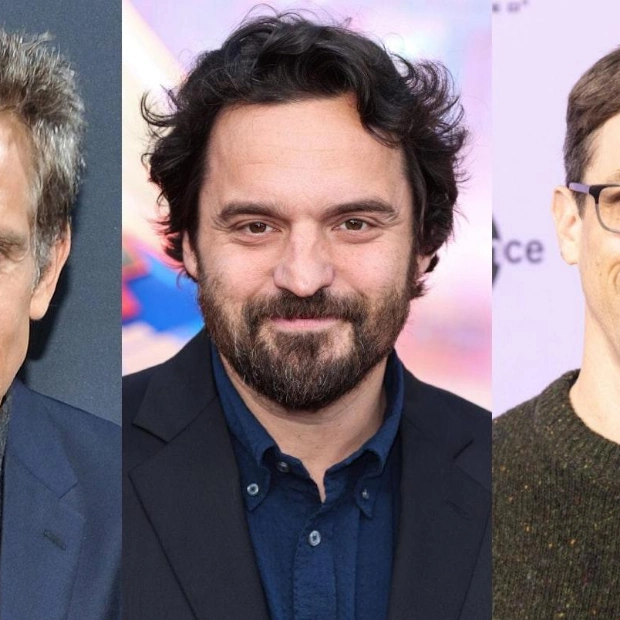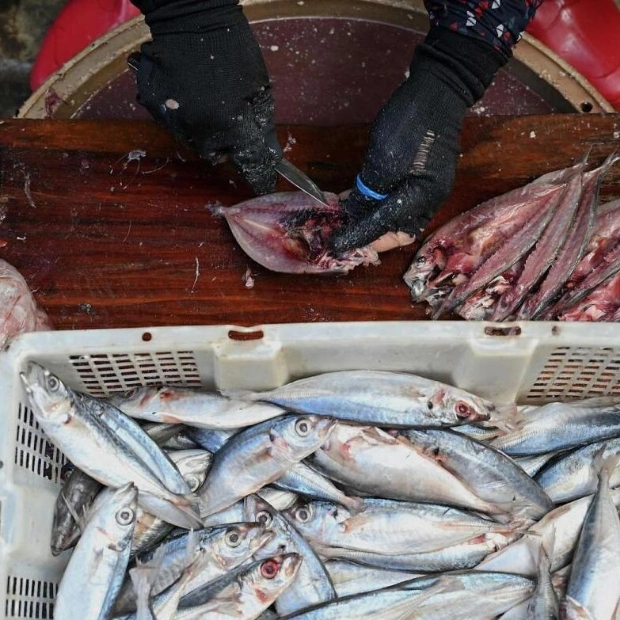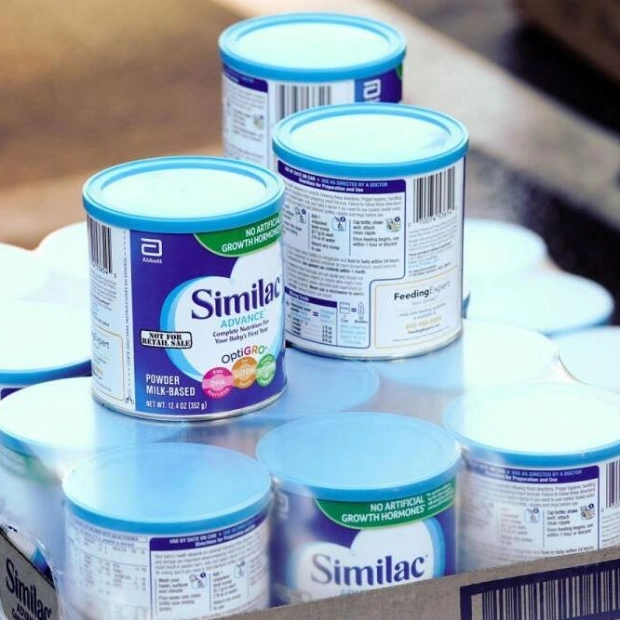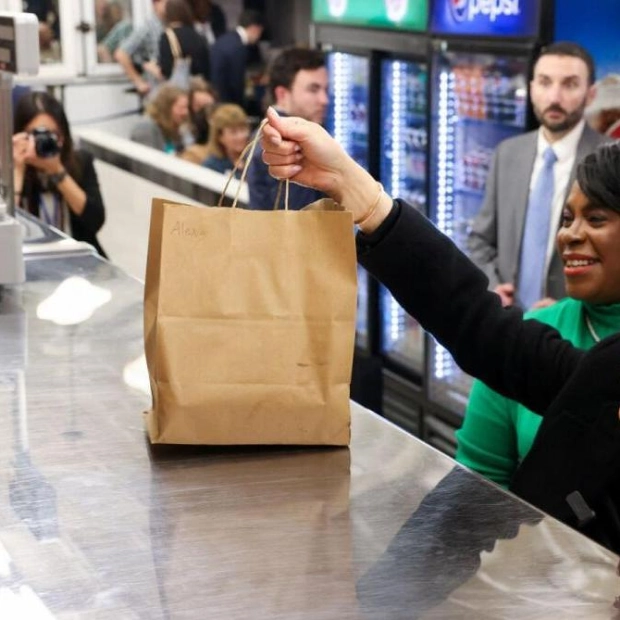They still bear the scars. All of them. Scars from being infantilized, torn down, belittled, mocked, abused, and divided. Despite confronting a status quo and a system designed to protect and extend the grip of those in power, with the odds stacked against them, and emerging on the other side, the scars are evident in their tears, emotive retellings, and stoic faces of the members of the Spanish women’s national team.
Much of the narrative around the 2023 Women’s World Cup final and the infamous kiss by the president of the Spanish football federation, Luis Rubiales, on Jenni Hermoso during the medal ceremony after Spain’s 1-0 victory over England, played out in the media. Rubiales claimed the kiss was consensual, while Hermoso stated otherwise. Yet, much of the story remained untold, with the players’ voices stifled, beyond a collective statement condemning the action, amidst the pomp and bravado used by Rubiales and his allies to dismiss allegations of sexual assault and suppress opposition to his leadership at the RFEF.
Now, over a year since Rubiales was forced to resign, the Netflix documentary ‘It’s All Over: The Kiss That Changed Spain’ has brought the players’ voices to the forefront, where they should have always been. This feature-length documentary is remarkably powerful. While the World Cup events are the climax, it patiently sets the scene, detailing the struggles under former manager Ignacio Quereda, who spent 27 years in charge without winning any silverware. Players were treated as “his little girls,” subjected to vulgar comments and mocked for technical sessions where Quereda marked out 12 players instead of 11.
These trials are not new. Players had complained about Quereda as early as 2011, and the team collectively complained in 2015 after a disappointing World Cup exit. The 2021 documentary ‘Breaking the Silence’ further exposed Quereda’s regime. The difference now is that the players are being heard and believed, rather than branded as troublemakers.
Despite Quereda’s removal, the pattern persisted. Jorge Vilda, brought into the RFEF coaching fold by his father, Ángel, an ally of Rubiales, took over. The documentary highlights the players’ powerlessness as Vilda operated as both sporting director and manager, essentially being his own boss. “He shook his own hand and [his contract] was renewed,” says Sandra Paños.
A mediocre coach, Vilda created a controlling environment, intruding into players’ hotel rooms at night, checking their shopping bags, and controlling their media duties. “He was aware he was an average coach,” says Vero Boquete. “And, when you end up in a national team with demanding players, you’re scared of what they’re going to do. He was afraid we would speak out, so that’s why he wanted to have control over us.”
Irene Paredes, a key voice in the documentary alongside Alexia Putellas, Aitana Bonmatí, and Hermoso, messaged Rubiales to raise concerns about the setup after their failure at the 2022 Euros. The RFEF president’s response was uncompromising, with that private conversation then appearing in the press.
When a letter requesting better coaching and conditions, signed by 15 players known as ‘Las 15’, was published in the press (leaked, according to the players, by the federation), they were accused of demanding Vilda’s sacking, throwing a temper tantrum, and being unpatriotic, while Rubiales and Vilda were praised for their no-nonsense response.
Rubiales’ behavior at the World Cup went beyond the forced kiss of Hermoso. He is shown giving a cringey team talk before the semi-final with Sweden, asking: “who has more ovaries, us or them?” He is shown kissing Olga Carmona on the cheek and lifting her over his shoulder. He is shown grabbing his crotch and gesturing to Vilda while standing next to members of Spain’s royal family. “I remember he was out of control,” says Paredes of his actions during the medal presentation.
The documentary also reveals the selective clips leaked to the press of Hermoso and her teammates enjoying themselves. The attempts to paint Hermoso’s smiles as validation of Rubiales’ actions are dismantled in uncomfortable footage and Hermoso’s words: “Why wouldn’t I smile? Why should I stop living life? Because they made me feel bad?”
Players recount the extraordinary pressure Hermoso and her friends and family faced to downplay the allegations, with no regard for the impact on Hermoso and the online abuse that followed as Rubiales dug in.
One of the most devastating aspects of the documentary is the fracturing of relationships among the players due to divide and rule tactics. Members of ‘Las 15’ express disappointment and frustration that others, perceived as loyal for their silence, did not speak up in a team meeting they describe as an ambush.
Those who did not speak up express some regrets. Carmona, who won’t discuss her decision to keep playing, scored the winning goal in the World Cup final, and Ivana Andrés, who said: “the price we have to pay is very high and I don’t want to miss a World Cup,” captained the side. Laia Codina breaks down when justifying her decision to accept Vilda’s call-up after many Barcelona teammates had withdrawn.
Divisions remain. Mapi León, Lola Gallardo, and Paños, who contribute to the programme, have not played for Spain since withdrawing before the World Cup. Of ‘Las 15’, Gallardo says only seven remained firm, with players like Paredes, Putellas, and Bonmatí deciding that enough concessions had been made before the tournament for them to participate.
It is the kiss that reunites them all, the abuse and then attempted victimization and manipulation of Hermoso, a step too far. But the scars of the entire period clearly still run deep.
Source link: https://www.theguardian.com
